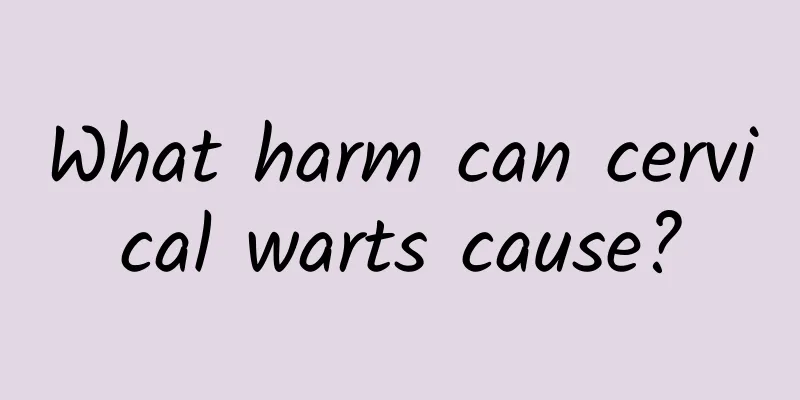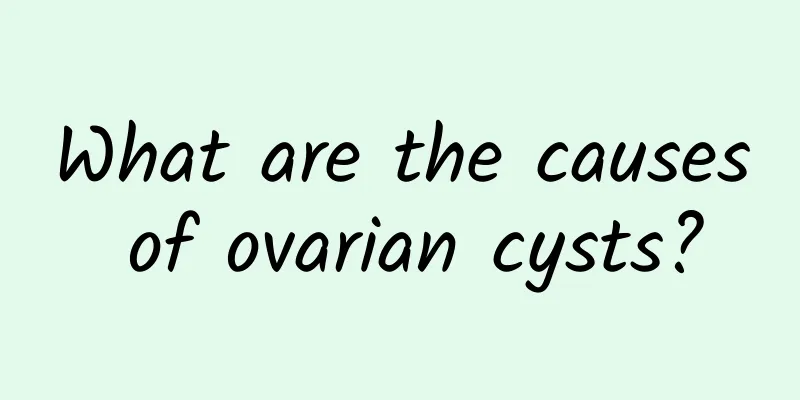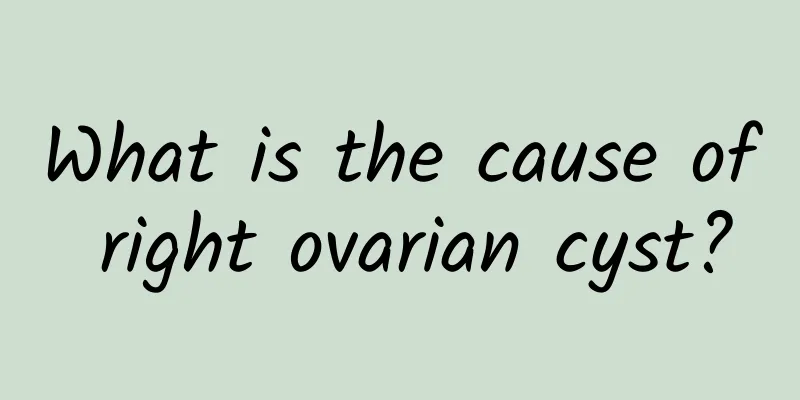When is it necessary to remove uterine fibroids? When is it necessary to remove uterine fibroids?

|
When is it necessary to remove uterine fibroids? When is it necessary to have surgery for uterine fibroids? Uterine fibroids are one of the most common benign tumors in the female reproductive system. They often appear in middle-aged women. Although most uterine fibroids are asymptomatic, in some cases, it is necessary to remove the uterine fibroids. This article will discuss when uterine fibroids should be removed and when uterine fibroids require surgery. 1. When is it necessary to have a uterine fibroid removed? 1. Large uterine fibroids: When uterine fibroids reach a larger size, they may cause discomfort and pain to the patient. Especially when uterine fibroids press on surrounding organs, such as the bladder or rectum, they may cause symptoms such as frequent urination, lower abdominal pain, and constipation. At this time, uterine fibroid removal becomes a necessary option. 2. Uterine fibroids cause infertility: Uterine fibroids can cause infertility by preventing an embryo from implanting. If fibroids are found during infertility treatment, removing them can improve a woman's chances of having a baby. 3. Uterine fibroids cause serious symptoms: Some patients may experience symptoms such as severe menstrual pain, excessive menstrual bleeding, and anemia, which may be caused by uterine fibroids. If these symptoms seriously affect your daily life and work, uterine fibroid removal is an option worth considering. 2. When is uterine fibroid surgery necessary? 1. Uterine fibroids grow rapidly: If the fibroids grow quickly over a short period of time, or if the size of the fibroids causes discomfort to the patient, surgery may be necessary. The goal of surgery is to relieve the patient's symptoms and prevent further progression. 2. Uterine fibroids cause severe pain: Some patients may experience severe abdominal pain, which may be due to torsion, ischemia, or necrosis of the uterine fibroid. In such cases, surgery may be necessary to prevent further complications. 3. Uterine fibroids cause other complications: In some rare cases, uterine fibroids may lead to other complications, such as compressive intestinal obstruction, bladder obstruction, recurrent infection, etc. If non-surgical treatment fails to improve the complications, then surgery may be an inevitable option. Although most uterine fibroids are asymptomatic, in some cases, uterine fibroid removal is necessary. When uterine fibroids reach a large size, cause infertility, or cause severe symptoms, uterine fibroid removal becomes a necessary option. At the same time, surgery is also required when uterine fibroids grow rapidly, cause severe pain or other complications. However, whether surgery is needed specifically requires the judgment and recommendation of gynecologists based on the patient's specific situation. |
Recommend
Will pregnant women have miscarriages if they run? What are the points pregnant women need to pay attention to?
We often see TV dramas where women suffer miscarr...
What causes irregular menstruation in women? How to effectively regulate irregular menstruation in women
Many women have complicated feelings about menstr...
Losing weight not only makes you more beautiful, but also helps improve your memory
Shedding excess fat not only makes your body look...
How to prevent uterine fibroids
Uterine fibroids can be prevented through a varie...
Several main symptoms of irregular menstruation
According to the latest medical survey, more than...
How to Self-Diagnose an Ectopic Pregnancy
Ectopic pregnancy, also known as ectopic pregnanc...
Where is the ectopic pregnancy surgery performed?
Ectopic pregnancy surgery can generally be divide...
Briefly describe what is tuberculous pelvic inflammatory disease
Tuberculous pelvic inflammatory disease is a dise...
How to treat cervical polyps thoroughly? Choose the treatment method according to the condition
In recent years, the incidence of cervical polyps...
How to quickly diagnose bacterial vaginosis?
Bacterial vaginitis is also known as nonspecific ...
Being too thin can lead to fractures and premature aging! How to delay the onset age of osteoporosis? Do this during your peak bone mass period!
Busy young woman not paying attention to diet Chi...
What causes cervical erosion?
How does cervical erosion occur? 1. Excessive men...
How should women prevent cervical erosion? Women can do this to keep you away from cervical erosion
Cervical erosion is one of the common gynecologic...
Stress makes you fat by breathing! Get the autonomic nervous system in check first
Obesity is most likely caused by stress! Office w...
Excessive use of antibiotics can easily lead to candidal vaginitis
Recurrence of candidal vaginitis is mostly due to...









